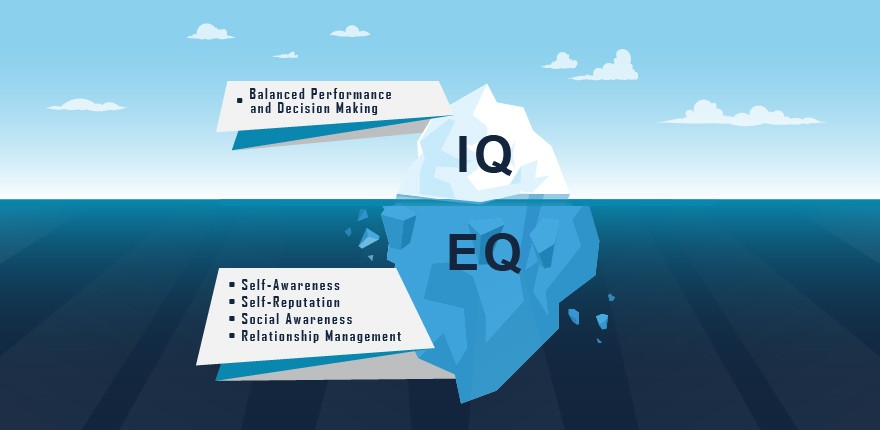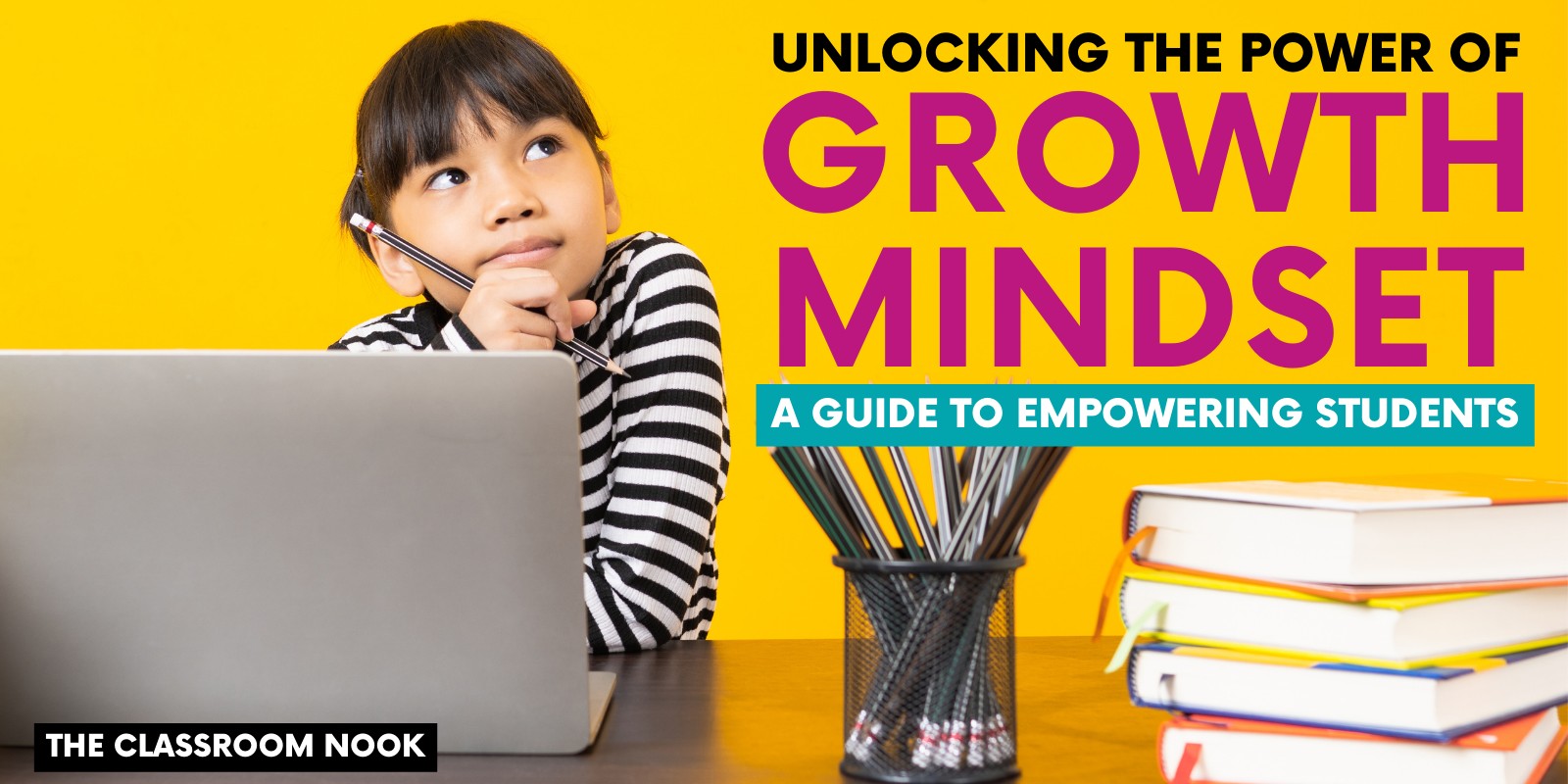In many societies, there is an ingrained fascination with the idea of innate talent and natural intelligence. We are quick to admire the “prodigy,” the person who seems to effortlessly excel without breaking a sweat. This perspective, however, creates a dangerous and often misleading narrative, suggesting that success is a birthright granted to a select few. The truth, as evidenced by countless stories of achievement and resilience, is that while intelligence provides a starting point, it is sustained, deliberate effort that ultimately determines one’s trajectory. A high IQ is a powerful tool, but without the engine of hard work, it remains a dormant potential. Effort, in its most profound sense, is the active choice to persist, to learn, and to grow, and it is this choice that consistently proves to be a more valuable asset than raw intellectual horsepower.
One of the most compelling arguments for the primacy of effort lies in the concept of the “growth mindset,” a term popularized by psychologist Carol Dweck. A person with a fixed mindset believes that their abilities and intelligence are static traits—you either have them or you don’t. When faced with a challenge, they are more likely to give up, fearing that failure will expose their inherent limitations. In contrast, a person with a growth mindset believes that their abilities can be developed through dedication and hard work. They see challenges not as roadblocks, but as opportunities to learn and improve. It is this fundamental belief system, far more than any innate talent, that dictates how an individual responds to adversity. An exceptionally intelligent student with a fixed mindset might ace easy tests but crumble under the pressure of a difficult one, while a less intelligent student with a growth mindset will see the difficult test as a chance to study harder and learn more. The latter, through sheer effort, often surpasses the former over time.
Furthermore, effort is the only way to translate potential into performance. The world is full of brilliant ideas that never came to fruition and talented individuals who never reached their full potential. This is because talent is an initial advantage, not a guarantee of success. The path to mastery in any field, whether it’s coding, writing, or playing a musical instrument, is paved with thousands of hours of deliberate practice and repetition. A naturally gifted musician might be able to play a new piece of music with relative ease, but it is the musician who practices scales every day, who spends hours perfecting a single passage, who will ultimately achieve true mastery and technical brilliance. The great writer is not the one who has the most creative ideas, but the one who has the discipline to sit down and write every day, facing the blank page with grit and determination. The effort put into the craft is what separates the fleeting spark of talent from the enduring flame of expertise.
In the business world, the distinction between intelligence and effort is particularly clear. A brilliant entrepreneur might have a revolutionary idea, but that idea is useless without the relentless effort required to build a team, secure funding, develop a product, and bring it to market. The process is a series of setbacks, pivots, and long nights, and it is the founder’s resilience and commitment—their willingness to keep going when things get tough—that determines success. Investors often look for founders who are “coachable” and “gritty,” recognizing that a founder who is willing to listen to feedback and put in the work is a far better bet than one who relies solely on their initial brilliance. The story of many successful companies is not one of flawless execution, but of a team that persevered through countless failures, learning from each one, until they finally found a formula that worked.
Ultimately, the focus on intelligence over effort is not just misleading; it’s a dangerous narrative that can stifle potential and create a culture of complacency. It devalues the hard work that goes into every significant achievement and can discourage individuals who don’t see themselves as “naturally gifted.” By shifting our focus to the power of effort, we create a more inclusive and inspiring model for success. It teaches us that while we may not control our innate abilities, we are always in control of our effort—our willingness to show up, to try, and to keep going. It is a more democratic and empowering view of achievement, one that says that with enough grit and persistence, anyone can achieve remarkable things.





